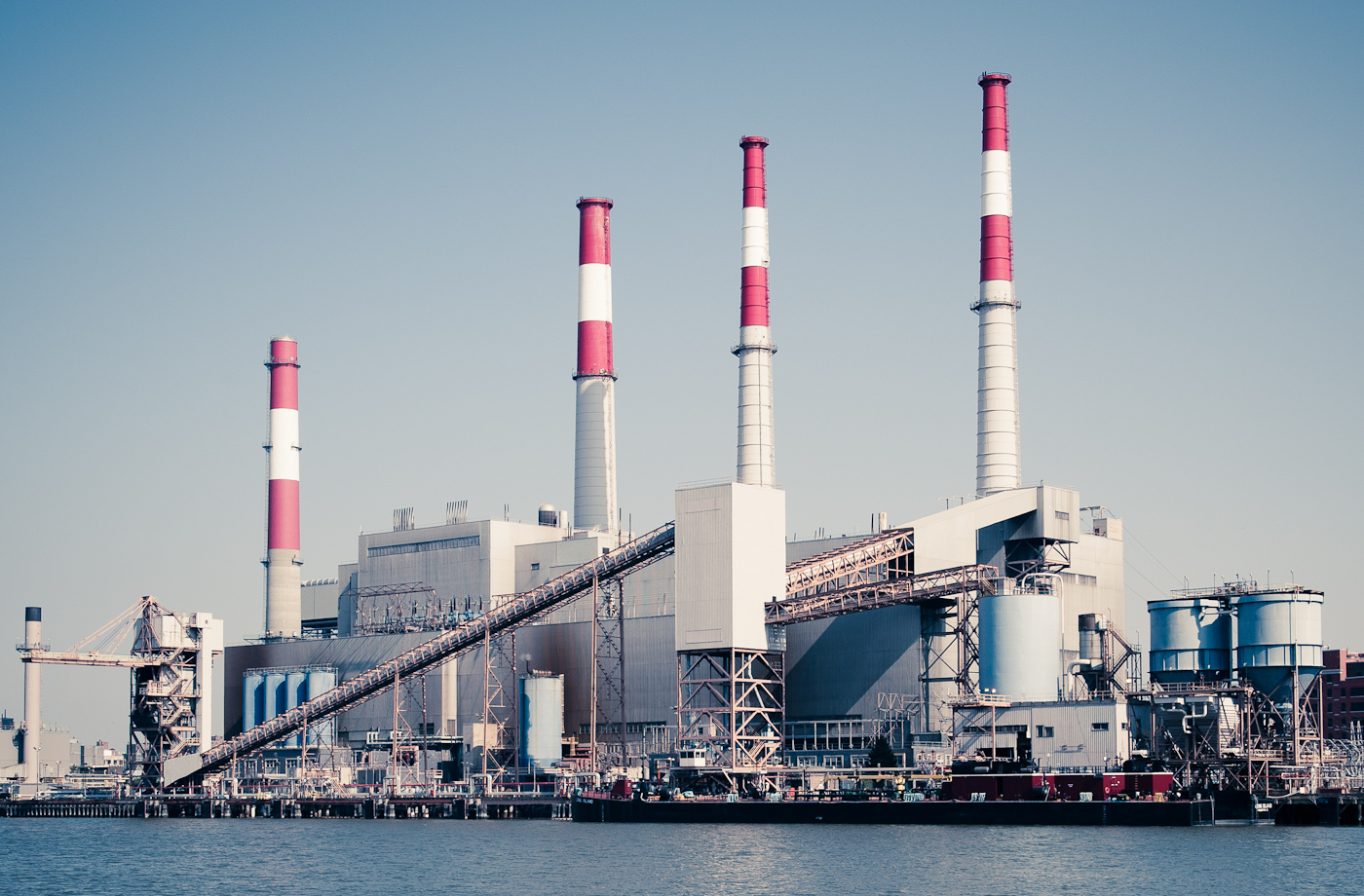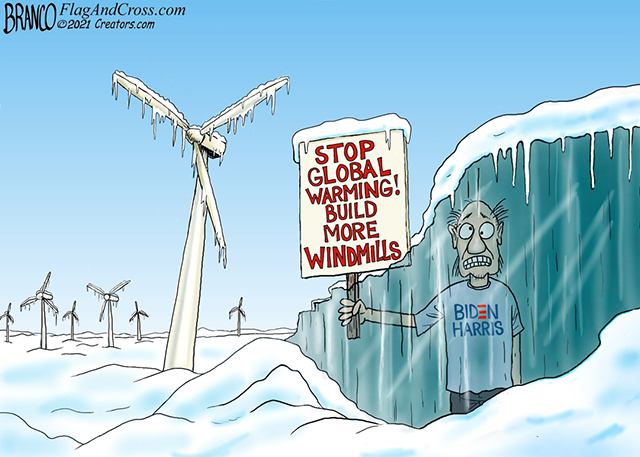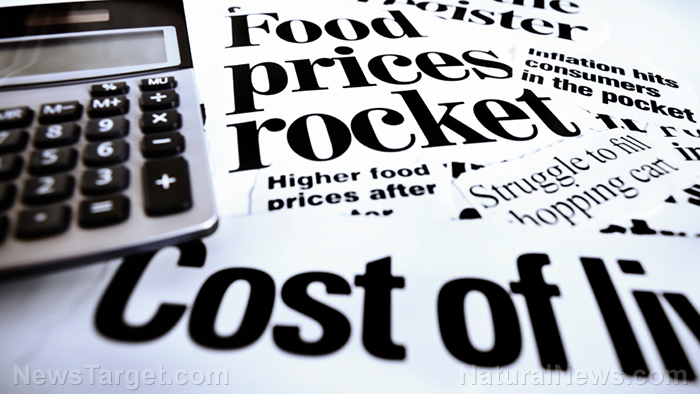The sum of all energy fears
12/29/2021 / By News Editors

If Lloyd Bridges were still alive, he might observe that Europe picked the wrong era to discourage development of nuclear power and fossil fuels. Will European politicians correct their mistakes in time? Having fully embraced alternative energy production and now under threat of reduced gas imports from Russia, countries across the Continent could be in for a long winter. Meanwhile in the U.S., the Biden administration now seems to recognize the value of American fossil-fuel production, even as the White House continues to push an expensive plan to discourage it.
(Article by James Freeman republished from WSJ.com)
As for the action across the Atlantic, Dan Molinski of Dow Jones Institutional News reported this morning:
Gas prices in Europe have spiraled to unprecedented highs partly due to carbon-pricing, a relatively new financial instrument that makes it more expensive for power plants to use coal, even when coal is essentially the only reliable option.
In October this column noted that even some greener-than-green European polities were beginning to recognize the error of their ways and to reconsider politically incorrect nuclear power. The problem is that Germany long ago decided to reduce nuclear capacity and now safety concerns are taking some French reactors off-line. Todd Gillespie, Isis Almeida and Jesper Starn report for Bloomberg:
European power climbed to a fresh record as France faces a winter crunch, spurring the region’s top aluminum smelter to curb output.
Electricity for delivery next year surged as much as 6.4% to an all-time high in Germany, Europe’s biggest power market. France, which usually exports power, will need to suck up supplies from neighboring countries to keep the lights on as severe nuclear outages curb generation in the coldest months of the year.
The crunch is so severe that it’s forcing factories to curb output or shut down altogether.
Perhaps this entirely man-made crisis will encourage more voters to demand reliable and plentiful energy sources.
The people who work for U.S. voters haven’t stopped trying to enact another half a trillion dollars of spending to discourage the use of fossil fuels, but they are now signaling they understand how much we still need such fuels. The problem is that one cannot create a host of incentives not to invest in energy production and then expect investors to fund it anyway.
The Journal’s Christopher M. Matthews , Timothy Puko and Collin Eaton report:
Oil company executives have become openly frustrated with a Biden administration that spent months shunning the industry, only to start urging in recent weeks that it produce more oil to alleviate rising gasoline prices.
In closed-door meetings with Energy Secretary Jennifer Granholm over recent weeks, oil executives have made few promises about raising output, say people familiar with the matter, and explained that it may be months before higher oil prices lead to resurgent U.S. production.
At a time when Wall Street is telling oil companies to tamp down spending and deliver profits after years of poor returns, oil company leaders say Mr. Biden’s positions on oil make it even harder for them to justify new spending to grow.
“The administration’s energy policy has not been very coherent,” said Mike Wirth, Chevron Corp.’s chief executive. “The signals from the administration have been very conflicting and that can just chill decision making.”
The White House should be thankful Mr. Wirth has such a gift for polite understatement. Oil executives have been meeting with the same Jennifer Granholm who recently said it was “hilarious” that someone would ask what her plan was for increasing domestic production. This was the same day she claimed, “We have already poisoned the atmosphere, we have to repair and heal the Earth and the only way to do that is to remove carbon dioxide permanently.”
Perhaps Team Biden can now understand why oil execs didn’t take that to mean, “Drill, baby, drill.”
Read more at: WSJ.com
Tagged Under: Collapse, crisis, energy, energy crisis, Europe, fossil fuels, gasoline, Governmemnt, power grid, risk
RECENT NEWS & ARTICLES
COPYRIGHT © 2017 POWER NEWS




















